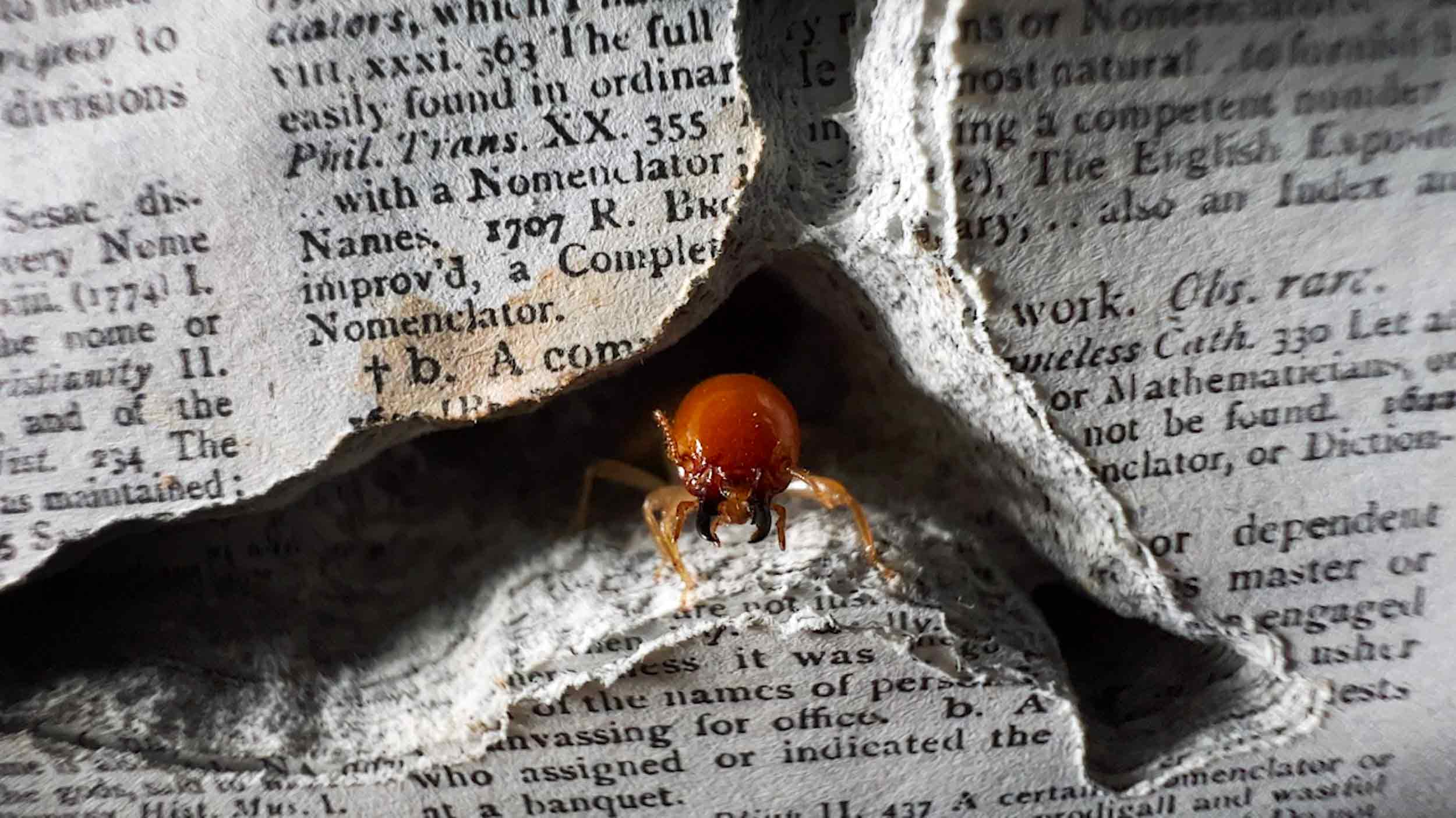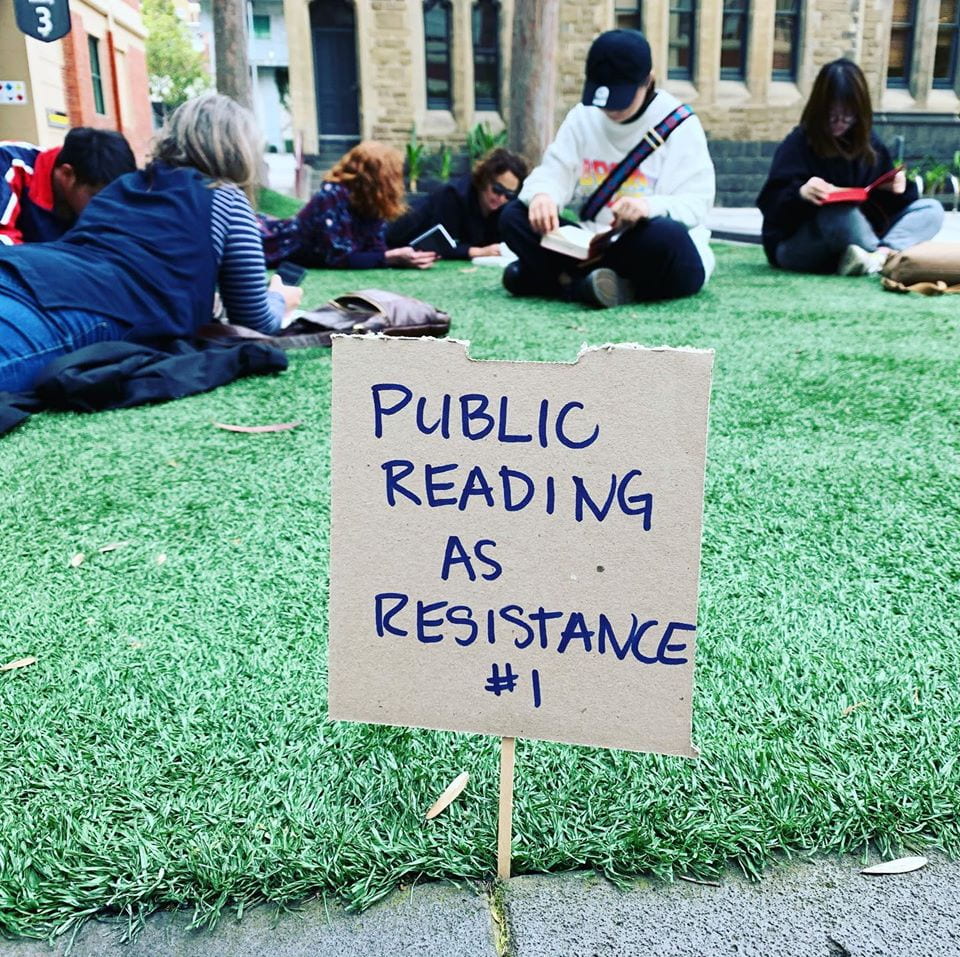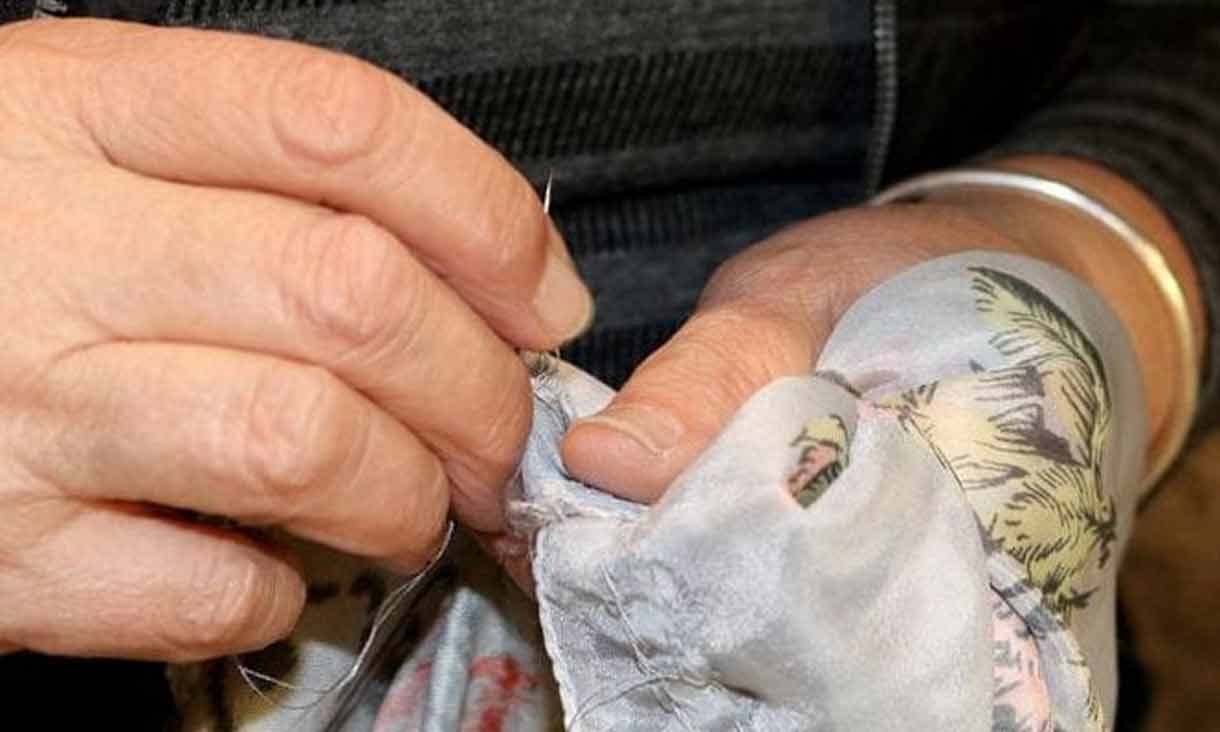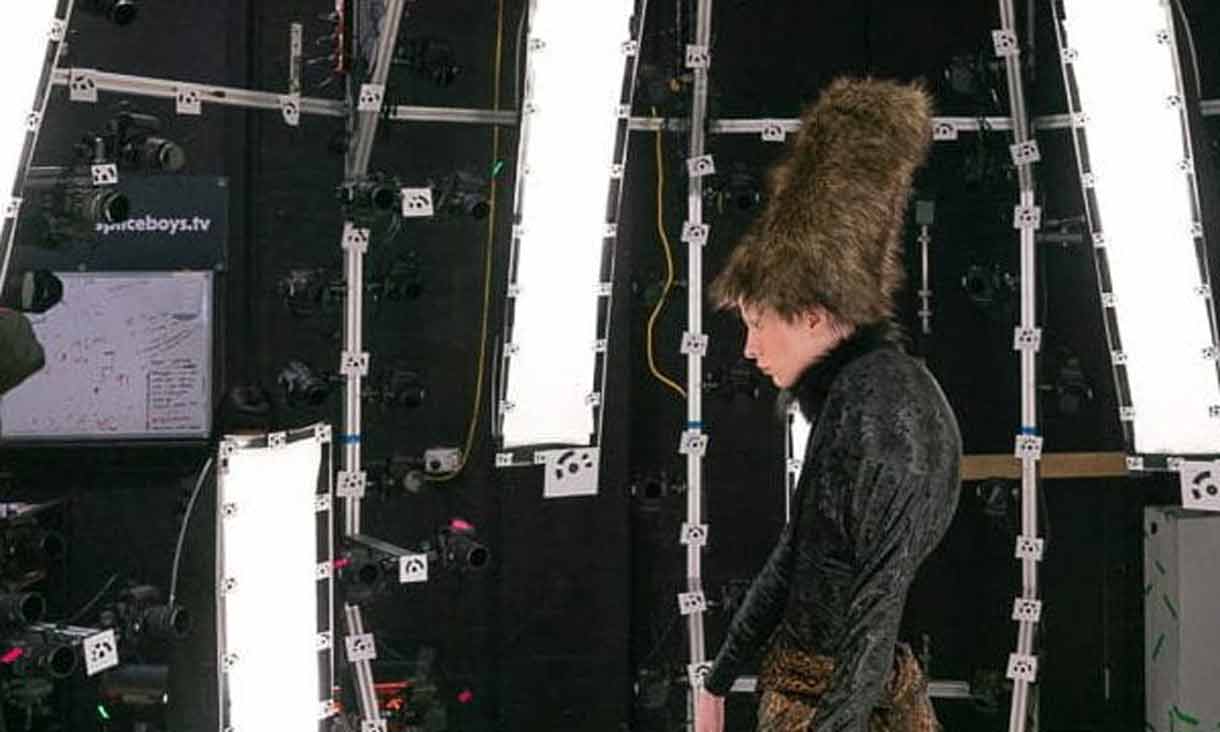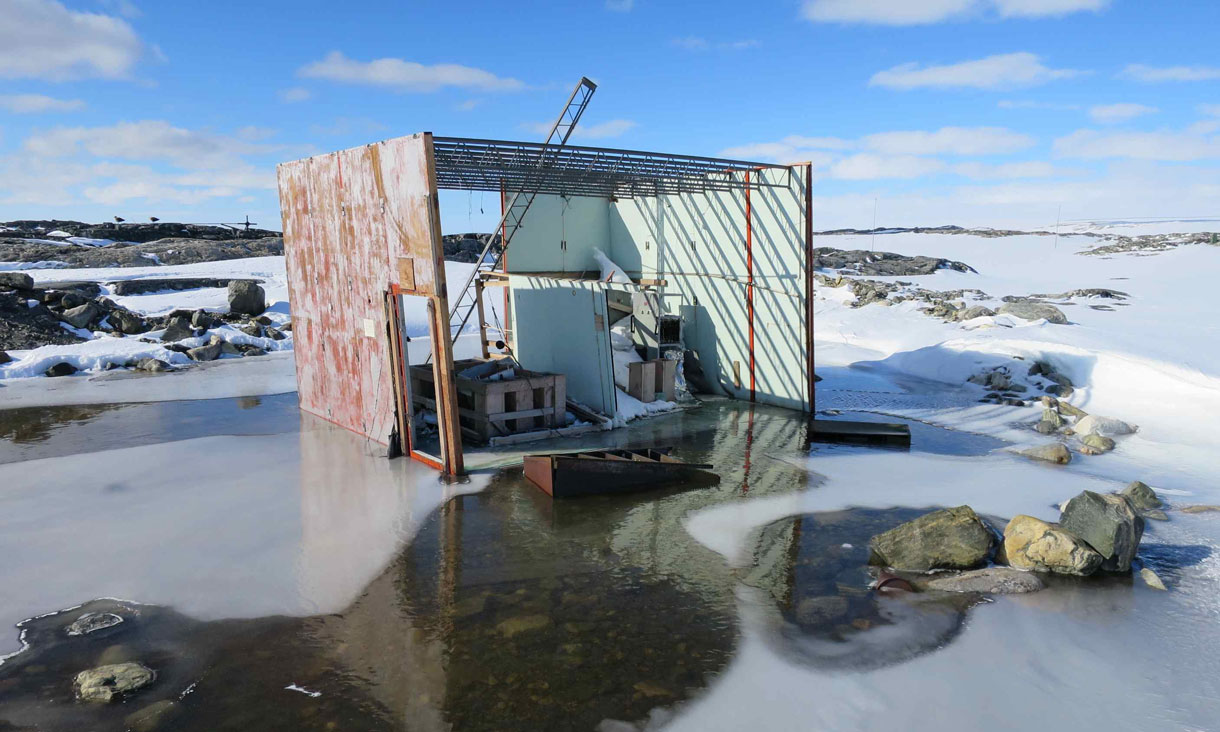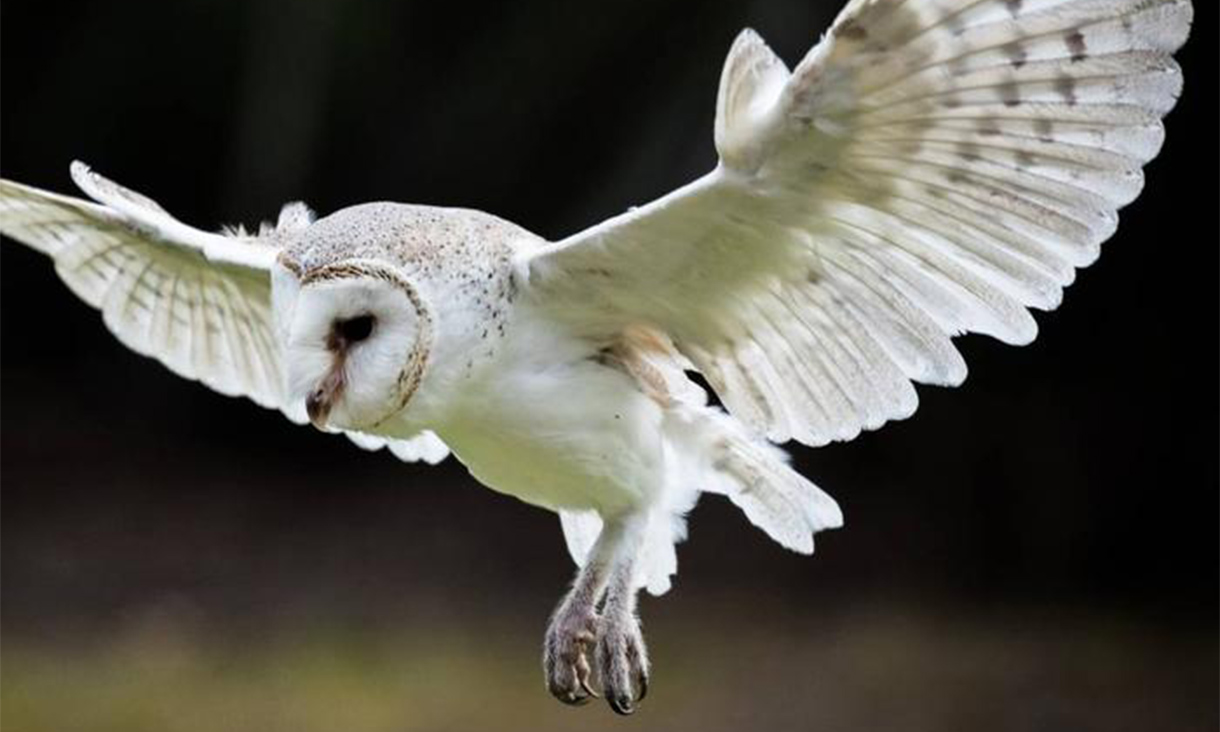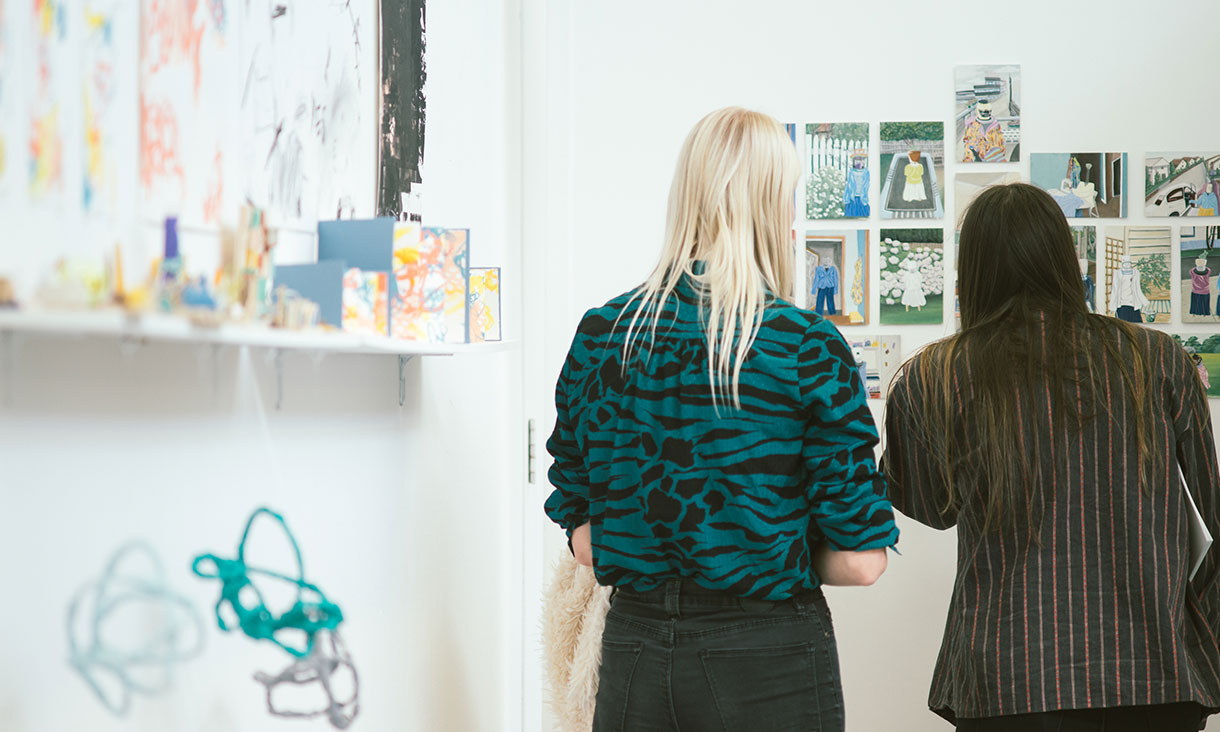CAST
CAST produces art research that critically engages with social and public spheres with a particular interest in how artistic practices intersect with issues of equity, access and democracy. CAST is a hub for critical thinking, collaboration and the exchange of ideas, knowledge dissemination, practice-led artistic research and socially-engaged art practice. CAST engages on local and international levels by collaborating with practitioners, communities, industry, and government partners.
Creative Care
Creative Care explores the intersection between creative practice and health, care and wellbeing. The expertise of Creative Care practitioners and partners is diverse and spans creative practice, design, allied health, social care, urban and global studies, health, social and environmental sciences.
IF_LAB
The Imaging Futures Lab is a network of artists, academics and researchers interested in the ontological implications of emerging paradigms for the expanded image. Our work explores the creative and discursive potential and implications of emerging computational image-making technologies and their application to expanded photography and imaging practices.
Sound Art and Auditory Culture lab (SAAC)
The Sound Art and Auditory Culture lab (SAAC) is an interdisciplinary hub for exchanging ideas around the creative uses of sound and auditory knowledge in society, culture and the environment.
AEGIS Research Network
The AEGIS Research Network focuses on the cultural responses to global climate change, place and relations between human and nonhuman animals
